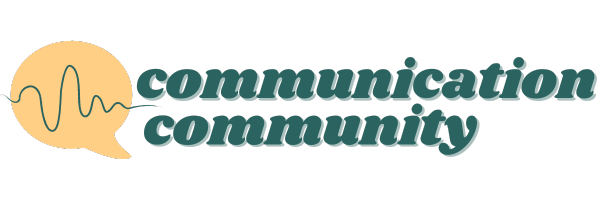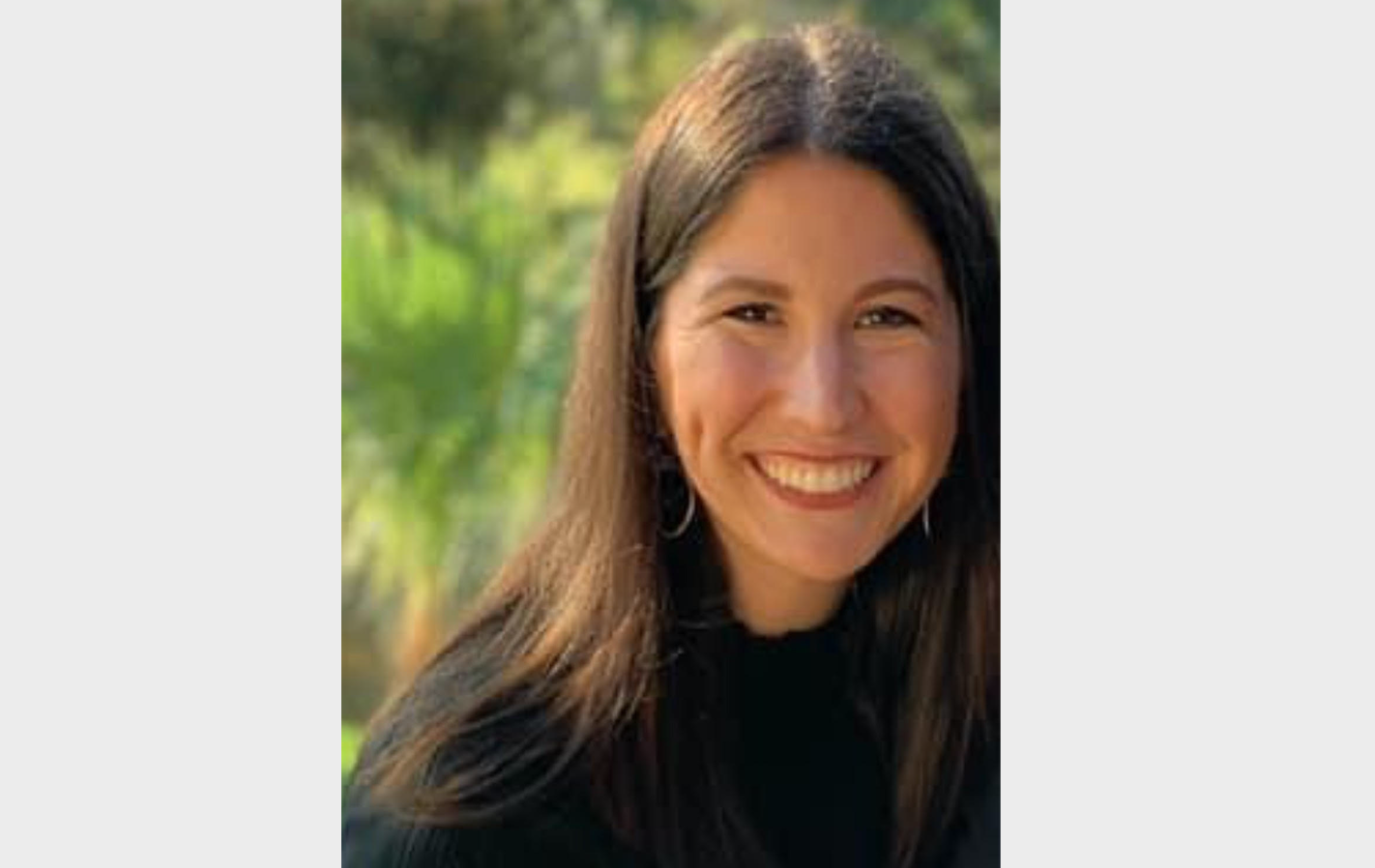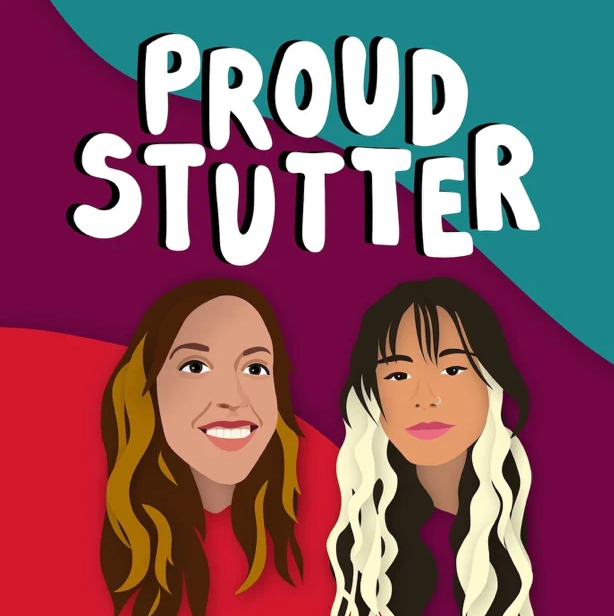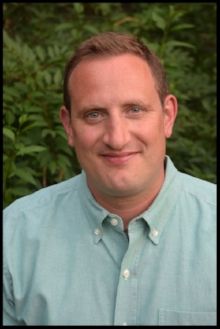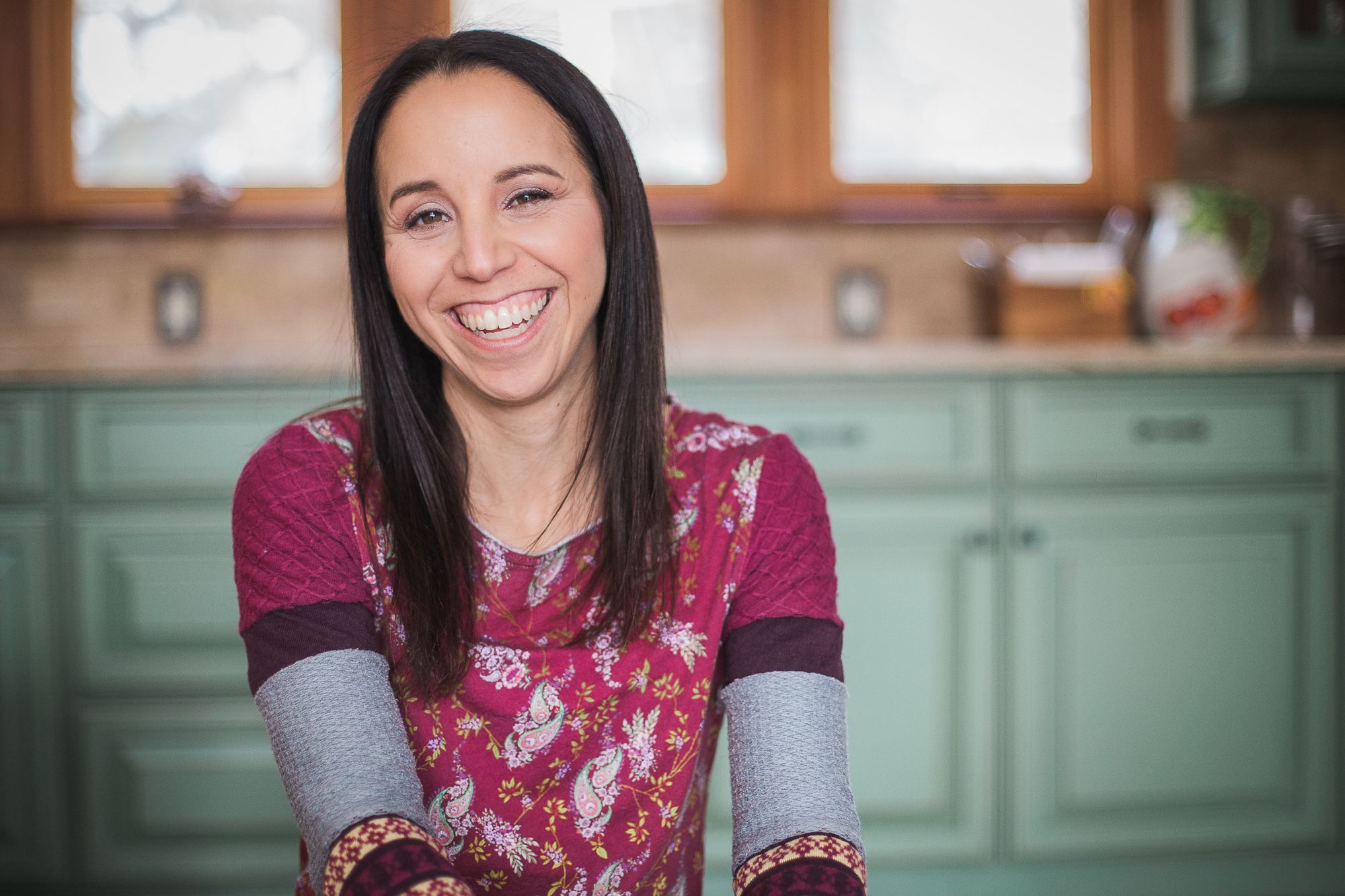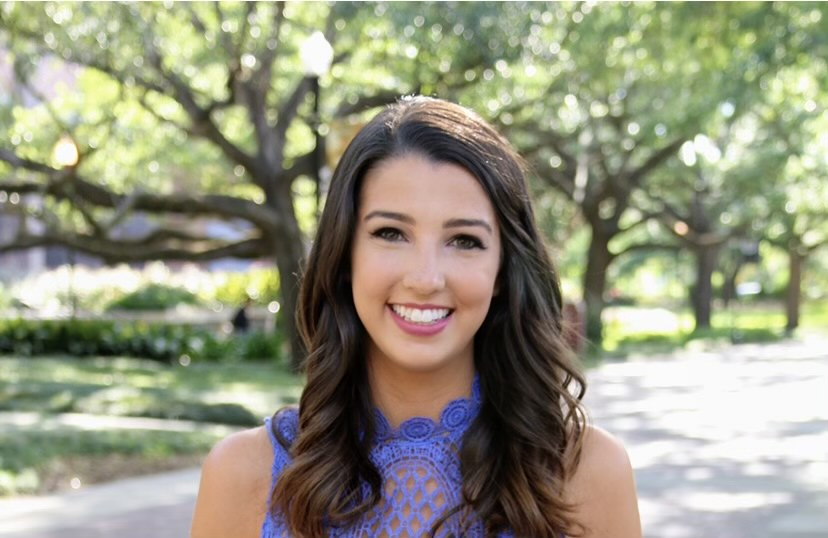Hannah Smith is an experienced social worker with a demonstrated history of working in the community and healthcare industry. She holds a full-time position working for the Levine Cancer Institute in Charlotte, North Carolina, in addition to her work for Nathanson Adoption Services. She received her Master of Social Work (MSW) from the University of North Carolina at Charlotte.
In her free time, you can find Hannah reading her latest novel (and reviewing them too!), spending time with her family and fiancee, and volunteering with Big Brothers Big Sisters.
We are excited to share our interview with Hannah!
Tell us how you got into the line of social work:
I initially went to undergrad [at the Florida State University - Go Noles!] and received my Bachelors in Psychology. It wasn’t until my senior year that I spoke to one of my professors about my opportunities following graduation. I was certain that I wanted to help people and/or be in the healthcare field [explored a little into the field of clinical psychology], but still wasn’t sure how I could tie my passions together. My professor talked to me a little bit more about the field of social work, and I realized that I had a lot of my own misconceptions about the field! It was shortly thereafter, I had an internship working with children in the Leon County School district, which solidified my desire to help others as a social worker.
What were some of your common misperceptions or others’ that were assumed of social work?
Social workers exclusively help the homeless and take kids away from their families. I think some of that stems from their poor representation in the media; think about in movies or shows where they are portrayed as “the bad guy.” The scope of social work is so broad! Or that you would only go into social work because you have trauma in your past or you have had a challenging experience that brought you to that point.
What is the best part about being a social worker?
A big part of social work in general, is that you are the person to step-in to someone’s life when they are at rock bottom; whether that is physically, financially, or emotionally. You are the person to open their door to resources and you work to get them what they need very acutely. For example, helping them enroll for Medicaid or Disability, or giving them access to something tangible, like Food Stamps. You or I may not think too much of it, but for so many, something as simple as that can change everything for someone. The same goes for someone who may be in the throes of an emotional experience. All it can take is someone to listen to what they are going through.
It sounds like there is a lot of depth and interpersonal, emotional care involved in your position. When at any point does that affect you on a personal level?
There are definitely moments, such as when I have lost a patient, that can be very personally difficult. In those instances, I cope by having my own grieving experience in private. However, most days bring me joy and I don’t struggle with my own emotional interference. I am grateful that I really identify with my profession and acknowledge that social work isn’t for everyone. I can say that for the most part, it is innately in me that I do not take my work home. One of the ways I think I innately cope that way is because after each day at work, I always walk away feeling a sense of security that I truly helped. Despite all of the hardships that I may have witnessed, I will focus on a positive moment or interaction that I can feel grateful for that may not have been there before my professional care.
Social work incorporates more counseling than one might realize. Do you think that our current society is at an adequate level [compared to other greater regions/countries] in terms of mental health awareness?
Progress [recently, in particular] definitely has been made, but freely available screeners and resources are nowhere near where they should be. Usually during a yearly physical with your PCP, it is rare if they ask you anything past, “Do you feel anxious, depressed, or have suicidal thoughts?” if that, even. Unfortunately, there is also still a stigma around mental heath and support that shouldn’t be there. Mental and physical health should be regarded equally and mental health professionals should be a part of every interdisciplinary healthcare team.
What do you think would raise that sort of awareness for mental health?
Well, similar to what I mentioned about the portrayal in movies and television, social workers should be represented in a wider scope - our goal isn’t to tear families apart! So for sure changing the narrative in entertainment, to start. Having more social workers in leadership positions (e.g., hospital administration, political allies in the legal sphere) would also give a bigger voice and raise awareness to what we do and the resources we are skilled at providing.
Are there counseling guidelines you follow in regard to certain things that you are/aren’t advised to say (appropriate clinical jargon)?
In general, no. The most important thing to focus on is showing up for what that particular client needs in that particular moment. So if it alleviates what they are going through to say to them something like, “That sounds hard or I understand how _____,” that is where I will meet them. And that is not to say that same counseling is suitable for a different client. As a social worker, I have the clinical judgement to meet people where they are at and go from there.
What do you think challenges you the most in your field?
I don’t think that social work is prioritized, recognized adequately, or fully understood. I know that from personal experience there is little awareness and appreciation for what you do. However, I have learned to be secure and not rely on the validations of others. There have been people (professionals) that do not know what I do who are even members of the interdisciplinary team I am part of. I think a lot of that falls on priority and that social work is not a money making part of a healthcare business; so as a business, it tends to be placed lower in that hierarchy.
Are speech-language pathologists (SLPs) ever part of your interdisciplinary teams?
Not as much in my current position. When I worked in more inpatient facilities focusing on case management, I definitely did. So if an SLP would come talk to me about a speech/language-related accommodation/necessity, I would check in with the family in terms of transition of this service to home health care. There have been plenty of times where SLPs have made my job easier! Without their assessments and recommendations, many patients would not have been equipped to leave the hospital. I’ve always had good experiences with them!
What does your day-to-day look like on-the-job and did it differ when COVID was introduced?
As a social worker, every day looks completely different. My current full time position is at an outpatient cancer center so maybe one day I will start my day meeting my patient in the Infusion Center as they are receiving chemo. Or another day may begin with a family meeting with the doctor and patient’s family. There are also those days that I will need to approach a situation as they randomly come up, like when a patient doesn’t have food for dinner or a ride home from the Institute. More serious situations may come up during counseling as well, such as a patient disclosing that are contemplating suicide or addressing Hospice care with a family.
In terms of my position in the adoption sphere, each day is up in the air because I am contracted on a per diem-like basis. But it is so fun and rewarding! So today, for example, I began my day with a family adoption interview and then went to the Levine Cancer Institute. For the adoption agency I work for, I conduct home studies for prospective adoptive parents, do home visits, determine if the individual/couple demonstrate positive relationship skills and home environment, and then send notes from my interview and observation to the prospective agency the family will be working with. I usually work with private adoptions and family adoptions, which is when the child(ren) have already been placed with their prospective parents and it’s more about finalizing the legal process.
Hannah is always a gem to speak with. We applaud the compassion and care she demonstrates in her profession each day. Have comments for Hannah or interested in contrbuting to a future Q & A? We would love to hear from you communicationcommunityslp@gmail.com!
